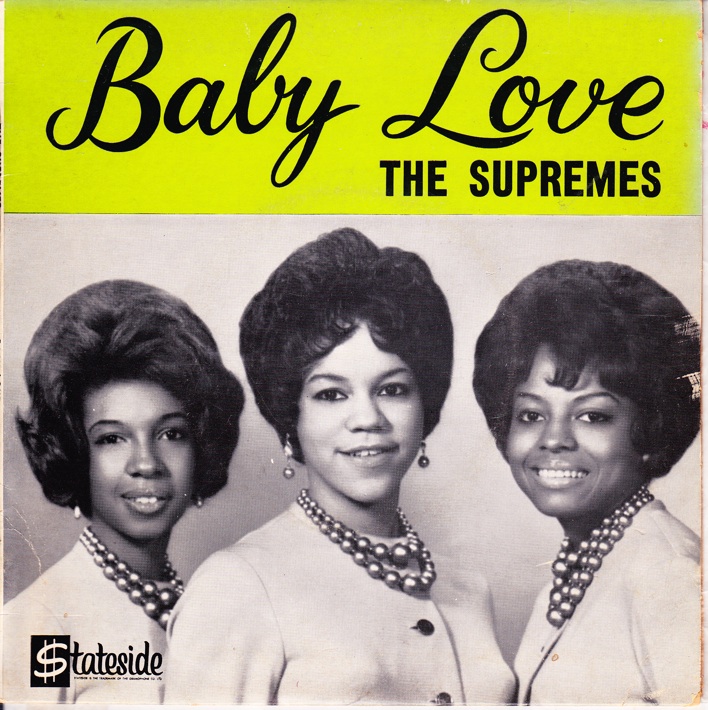In The Number Ones, I'm reviewing every single #1 single in the history of the Billboard Hot 100, starting with the chart's beginning, in 1958, and working my way up into the present.
The Supremes - "Baby Love"
HIT #1: October 31, 1964
STAYED AT #1: 4 weeks
Did you know "Baby Love" was a sad song? I can't imagine how many times I heard the song before I figured that out. The song exists as a part of the cultural firmament; I can't remember a moment in my life when I couldn't sing along with it. But that also doesn't mean that I ever listened to the words. Maybe you didn't either. The song is so sweet and soft and breezy that it just fills the air. It smells like happiness. But it's really sung from the point of view of a woman who's had enough, who doesn't understand how her relationship has gone wrong: "All you do is treat me bad / Break my heart and leave me sad / Tell me, what did I do wrong / To make you stay away so long?"
Years later, the Supremes' Mary Wilson explained the song's effect to The Guardian: "It's the Motown way: The music is beautiful but the words are stories about life and hurt, which reflect the way life is. The combination of the two made the music last." And maybe there's something even deeper there. Maybe it's not a hard, tough ultimatum of a song because Diana Ross, or the character she's playing, isn't a confrontational person. Maybe she has to summon all her courage to ask why this is going this way, to plead for a return to happier days. Maybe she's fooling herself.
"Baby Love" is very much a creation of pop-music formula. The Supremes had hit huge with "Where Did Our Love Go," so Motown boss Berry Gordy instructed them to make something that basically sounded exactly the same. And so "Baby Love" has the same stomp-clap rhythm, the same shimmery xylophones, the same cooing background vocals, the same constant use of the word "baby." Even its lyrical thrust is the same. (Lamont Dozier, of the Holland-Dozier-Holland songwriting theam -- who'd also done "Where Did Our Love Go" -- has said that he wrote "Baby Love" about his first love, the same girl who inspired many of the trio's songs.)
But "Baby Love" is proof, if we needed it, that there's magic in formula. It's a lovely confection, all warmth and longing. Maybe there's tension between the huge, all-consuming beat and the sweet sophistication of the arrangement. But it doesn't sound like tension. It sounds like everything working together, in perfect harmony -- like the way that Ross' character so badly wants things to be.
GRADE: 8/10
BONUS BEATS: Here's the part in Quentin Tarantino's 1997 movie Jackie Brown where Hattie Winston performs "Baby Love" for Robert De Niro:






